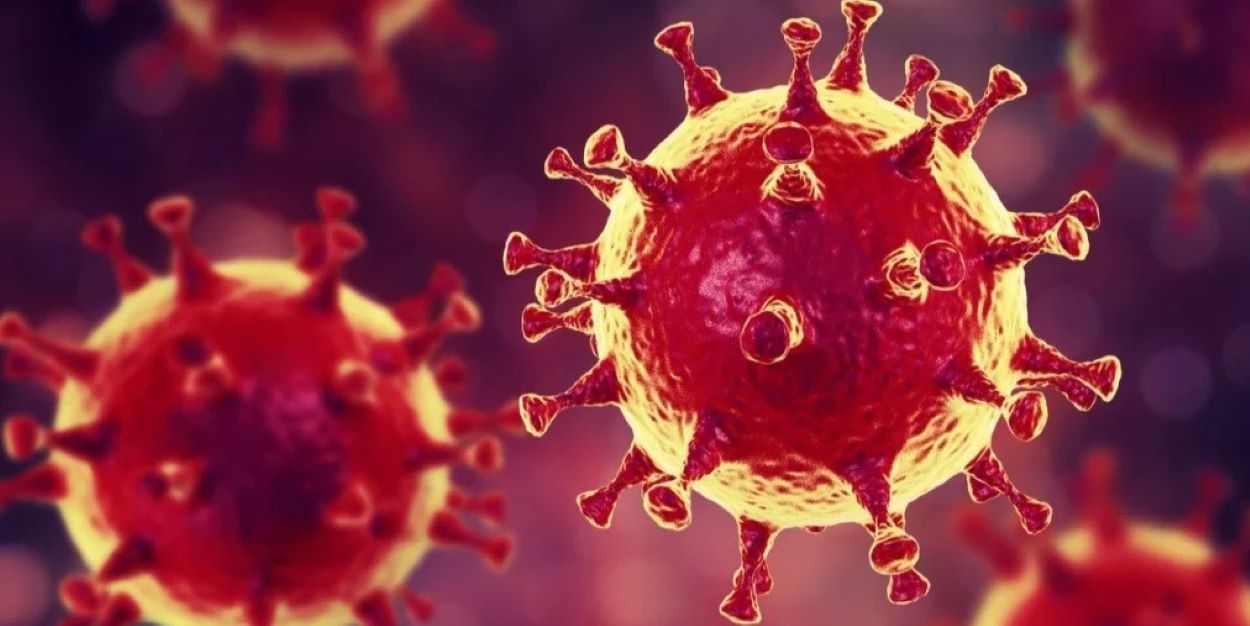Health officials confirmed that Pakistan successfully treated its first case of the coronavirus of the Middle East Respiratory Syndrome (MERS).
A 55-year-old man who recently returned from Saudi Arabia tested positive for the virus, health officials and the World Health Organization (WHO) announced last Friday.
He worked as a tailor in Dammam, Saudi Arabia. He returned to Pakistan on September 3 and sought treatment at a private hospital in Jhelum the next day for respiratory and heart issues.
The National Institute of Health (NIH) in Islamabad said WHO and Saudi health authorities had reported his positive MERS-CoV test before he left Saudi Arabia.
Initially, Pakistani health officials did not share details about the case with the medical team treating him.
Authorities transferred the patient to Benazir Bhutto Hospital in Rawalpindi on September 5. He received several days of intensive care and was discharged after recovering.
Officials tested over 40 people who had contact with him; none had the virus.
First identified in 2012, MERS-CoV spreads mainly from camels to humans and has appeared in 27 countries. Saudi Arabia has reported the majority of the 2,630 cases.
The virus kills about 36% of those it infects, though mild cases may go unreported.
This case has raised global concerns about MERS-CoV’s ability to spread from person to person, especially in medical settings where delays in isolation can help the virus spread.
Health officials stress the importance of quickly addressing potential cases to prevent the virus from crossing borders.
MERS causes fever, cough, and trouble breathing. It is especially dangerous for people with diabetes or chronic lung diseases.
Early detection is key, as initial symptoms often resemble other respiratory infections.






